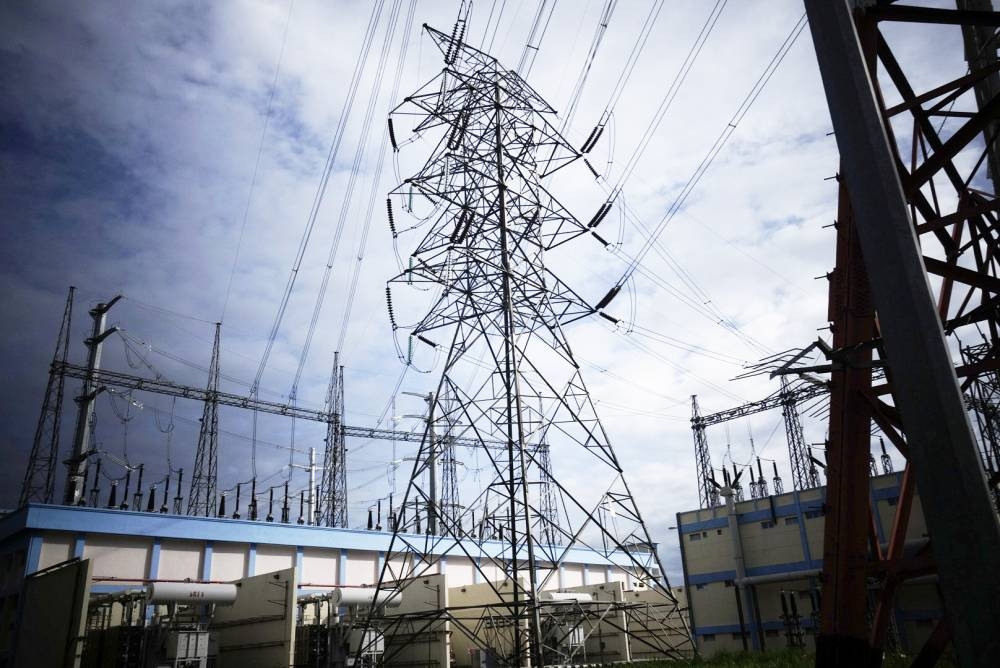DECEMBER 14 — The new unity government in Malaysia is focusing on the tariffs and prices of electricity as part of their efforts to control the cost of living and this makes sense.
Last year, on the back of the sudden and consistent increase in costs, due to higher oil and gas prices, Tenaga Nasional Berhad increased tariffs for non-residential and business customers, to protect revenues and profits against higher costs.
We estimate this added about 0.5 per cent to headline inflation as higher tariffs were passed through to customers by some businesses, mainly in the service sector such as hotels and restaurants, where demand was buoyant due to the reopening of the economy.
They had no problem in transferring the increase to consumer prices and it helped them recover some of the considerable costs they incurred during the Covid-19 crisis. Official data shows a significant increase in services from the hike and these problems are still present in the core inflation measure.
Others such as construction or wholesale businesses could not transfer tariff hikes and profit margins fell.

In retrospect a better solution would have been to keep the lower business tariffs and redistribute some profits across different GLCs and other large companies, taking from those making money and redistributing to TNB.
This could be done through the existing tiered-pricing billing system with higher tariffs on larger companies or larger users and lower tariffs on SMEs who use less electricity, for example. In this case there would be no costs for the community and no loss from the public sector.
Following this line of thought the government can immediately change the electricity tariffs by cutting them for smaller companies and raising them for larger companies. This can be effective as early as January.
The change can be made in three steps. First, the government can bring back the energy tariffs to the previous level which would cut headline inflation immediately by 0.3 per cent according to our estimates.
Second, the government can change the tiered pricing system to cut tariffs for smaller companies and those who use less electricity and raise the tariffs for larger companies and those with high electricity usage. This has the added environmental advantage of encouraging energy efficiency to cut electricity use and lower their carbon footprint.
Finally, the government can use these processes within the National Action Council on Cost of Living (NACCOL) to create a set of meaningful incentives among all social and business stakeholders to moderate or even freeze price increases over the coming months. That is to stop the pass-through in return for lower tariffs.
This would create a win-win situation. Firms would have higher profit margins and households would regain some of the purchasing power lost during the peak in inflation earlier this year.
The lower inflationary environment should also help to moderate inflation expectations which have become embedded over the last month or so.
Along with the tariff measures, a more consistent structural reform plan should be implemented on the supply-side to promote more agile, competitive and contestable markets, removing some of the cartels, monopolies or complex regulatory structures which create inefficiencies.
In this scenario Bank Negara can reassess the situation and opt for a pause in interest-rate hikes, leaving them at the current level.
In our projections, the effects of these combined measures and structural changes can reduce inflation quickly. We estimate that headline inflation would fall below 3 per cent in the next three months and then stabilise around 2.5 per cent by the middle of next year.
Combined with other effects such as lower global inflation, exchange rate effects and baseline effects inflation could fall even lower than this.
If oil prices begin to rise again, the target would shift from headline inflation to the control of core inflation which excludes oil price effects. Keeping Malaysian inflation low offers considerable competitive advantage versus international competitors
This positive pathway for inflation is very important because higher inflation creates distributional effects by cutting purchasing power more among low-income groups compared to high-income groups. So there is a social protection effect too.
To make the control of price rises more focused a new set of inflation measures should be created covering the different purchasing patterns of targeted social groups including younger people, retired people, urban vs rural communities and so on. This is a good initiative that has been recommended by other economists.
The lessons from history tell us that there is no decoupling. If as expected, the international economy goes through a phase of slowdown or even recession, Malaysia will be dragged down too.
In this case the best policies to minimise the impact and the duration of any contraction will require keeping inflation low to protect Malaysia from the rest of the world. This cannot be done again with price caps and subsidies and so new ideas must be put in place.
An important change in the way companies work is essential, especially among the GLCs. The mistake of the past is to think in terms of a single company looking for a balance of costs and revenues rather than to look across the companies as a whole.
The government should leverage the advantages of the different GLCs to create a system of internal redistribution, with zero costs for the public sector and significant benefits for the private sector.
Another innovation comes from the social pact among stakeholders within NACCOL to bring quick and effective results that will protect Malaysia during what is expected to be a very delicate period for the international economy.
* Professor Paolo Casadio is an economist at HELP University and Professor Geoffrey Williams is an economist and Provost for Research and Innovation at Malaysia University of Science and Technology. The views expressed are those of the writers.
** This is the personal opinion of the writer or publication and does not necessarily represent the views of Malay Mail.





















